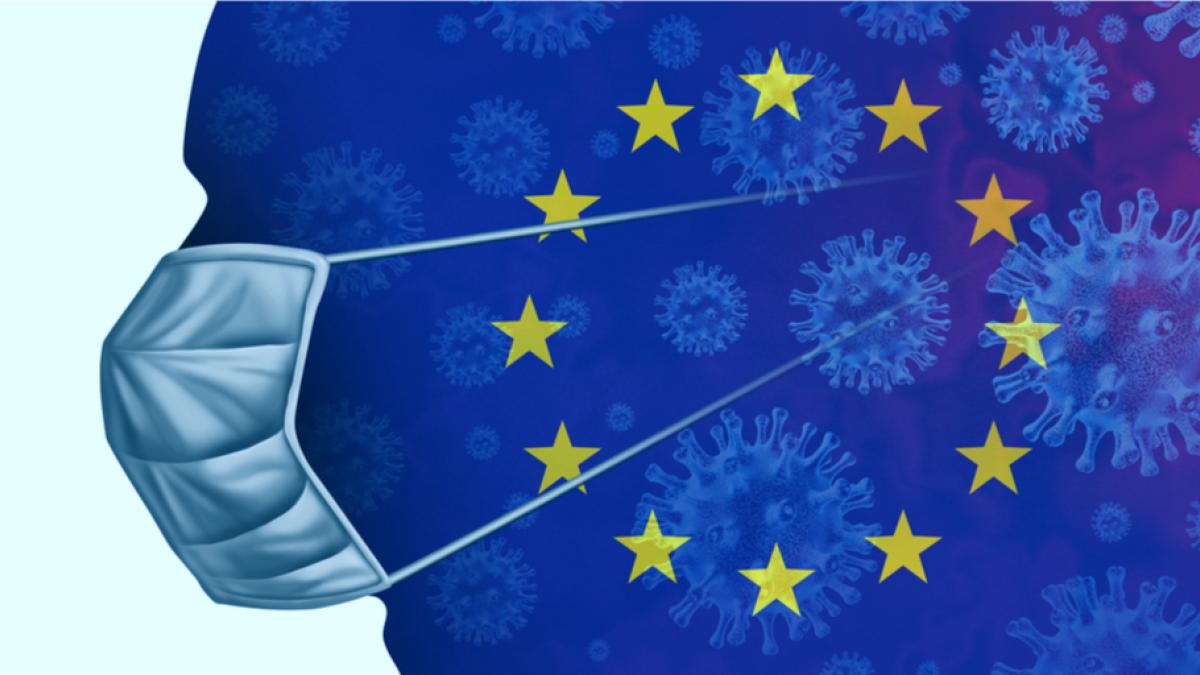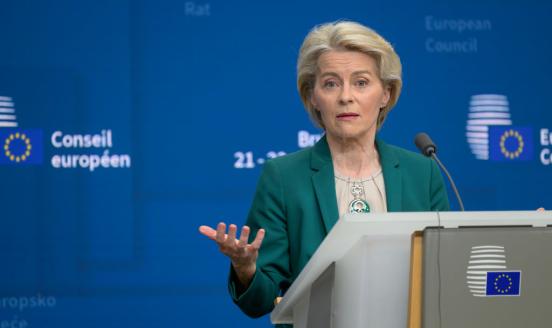An effective economic response to the Coronavirus in Europe
'Whatever it takes' needs to be the motto to preserve lives and reduce the impact on the economy of the epidemic.

The COVID-19 pandemic represents a major shock to the global and European economy. Most European countries need to take bold quarantine and lock-down measures, as has been done in Italy, to prevent an explosion of the epidemic which would lead to many deaths and the collapse of healthcare systems.
The economic consequences of such measures are major, and are felt through both supply and demand-side channels.
A coordinated and bold response by authorities is necessary:
- Ample national funds need to be provided to national health services.
- Targeted measures to support individuals (such as the self-employed), companies and the local communities most affected should be put in place or reinforced.
- Broad macroeconomic insurance needs to be provided because targeted measures will not cover the many second-round effects of the shock. To alleviate financial and cash-flow constraints, and to provide incentives to preserve employment, we recommend all EU member states agree to halve companies' social security contributions for three months, or cut the payroll tax. Such measures could amount to support of some 2.5 percent of GDP and would be funded by increased national deficits.
- The European Central Bank should provide abundant liquidity, increase swap lines to ensure sufficient dollar liquidity and increase its sovereign-bond purchase programme to prevent distress in sovereign bond markets.
'Whatever it takes' needs to be the motto to preserve lives and reduce the impact on the economy of the epidemic.
This Note was prepared at the request of the Croatian presidency of the EU for the meeting of EU finance ministers on the 17th March 2020.



